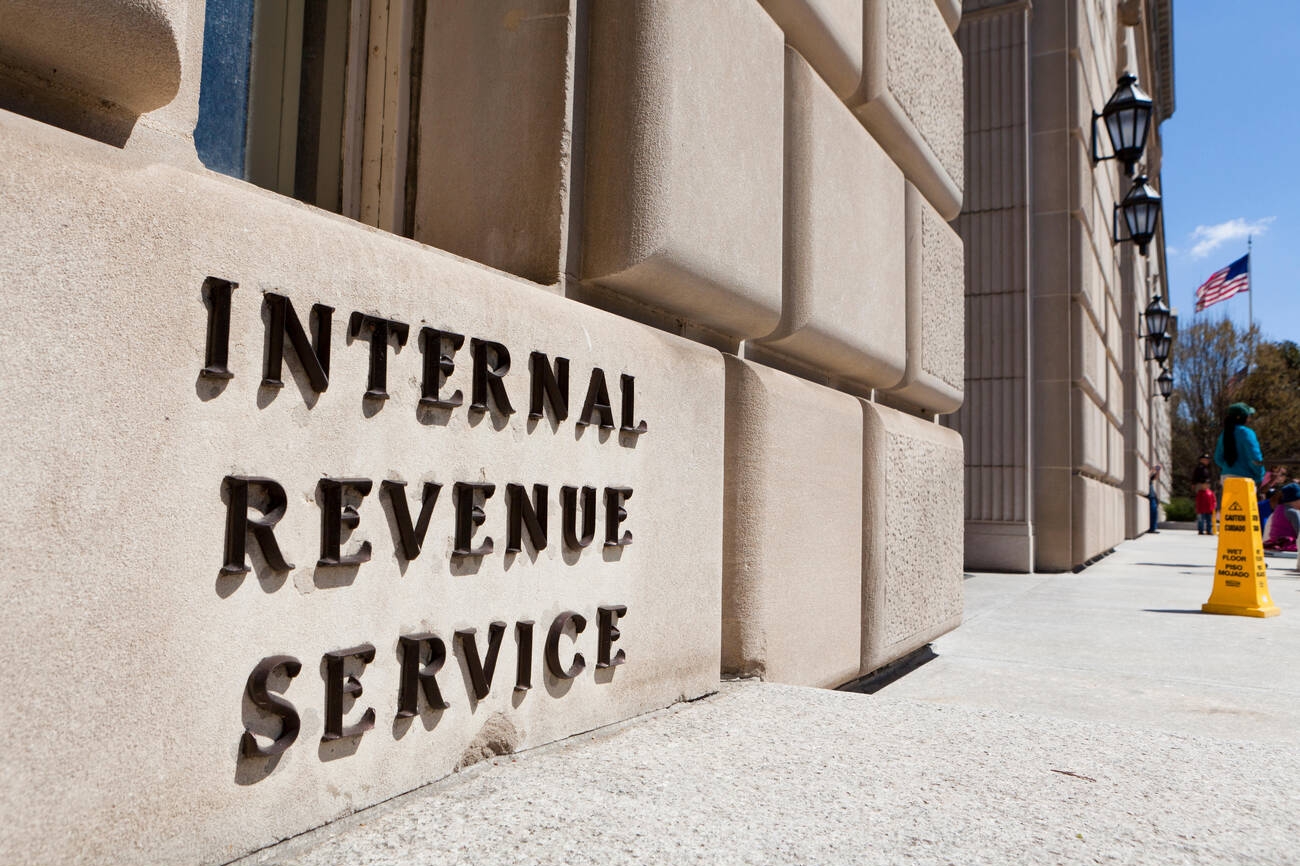A REIT is a type of company that lets investors pool their money to invest in a collection of properties or other real estate assets.
REITs happen to have a special tax status which requires them to pay out at least 90% of their income as dividends. When they do so, they aren’t taxed at the corporate level like most other types of businesses. To qualify as a REIT, the following conditions must be met:
- There must be at least 100 shareholders.
- No five shareholders can own more than 50% of the shares.
- At least 75% of assets must be invested in real estate, cash, or Treasuries.
- 75% of gross income must be derived from real estate.
The majority of the REITs that you will encounter are equity REITS, which mostly deal in:
- Apartment buildings
- Single-family homes
- Shopping malls
- Freestanding retail establishments
- Healthcare properties
- Office buildings
- Industrial buildings
- Self-storage facilities
- Data centers
There is also another class of REITs that invest in mortgage-backed securities, known as mortgage REITs. These companies may invest in agency mortgages (those guaranteed by Fannie Mae, Freddie Mac, and Ginnie Mae), non-agency mortgages, or commercial mortgages.
REITS make money simply by leasing out properties and paying out 90% of the profit in dividends, thus avoiding corporate income tax.
In addition, as property values tend to appreciate over time, the value of shareholders’ investments can grow. And as property values increase, the ability for commercial properties to generate income rises. The idea behind an equity REIT is to create a growing dividend stream and to increase shareholder value through rental income and property appreciation.
As if it couldn’t get any better, here comes Rev. Proc. 2017-45. The IRS has issued guidance on stock distributions by REITS. The Service will treat stock distributions made by a publicly offered REIT in a transaction that that will satisfy certain requirements as a distribution of property under IRC §§ 301 and 305(b). To refresh your memory, those Code Sections state:
301 – For purposes of this section, the amount of any distribution shall be the amount of money received, plus the fair market value of the other property received.
305(b) – (a) General rule
Except as otherwise provided in this section, gross income does not include the amount of any distribution of the stock of a corporation made by such corporation to its shareholders with respect to its stock.
(b) Exceptions Subsection (a) shall not apply to a distribution by a corporation of its stock, and the distribution shall be treated as a distribution of property to which section 301 applies.
Basically, it is a tax-free distribution. The Rev. Proc. goes on to say that the REIT must make the distribution to its shareholder with respect to its stock and pursuant to the declaration of the distribution.
The guidance additionally states that the value of the stock received by ANY shareholder in lieu of cash will be considered to be equal to the amount of cash for which the stock was substituted. The calculation of the number of shares to be received by a shareholder is determined based on a formula that (1) utilizes the market price of the shares; (2) is designed so that the value of the number of shares to be received in lieu of cash corresponds closely to the amount of cash to be received under the declaration; and (3) uses data from a period of no more than two weeks ending as close as is practical to the payment date.
REITs were already a good thing for real estate investments. Now with Rev. Proc. 2017-45, they are even better.
Thanks for reading CPA Practice Advisor!
Subscribe Already registered? Log In
Need more information? Read the FAQs





